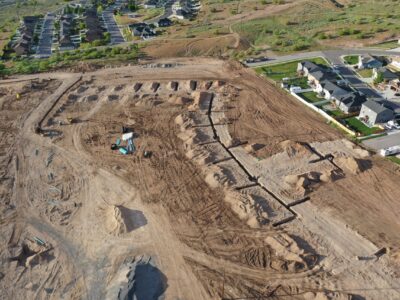
Introduction
In the desert state of Arizona, understanding the eviction process for non-payment of rent is essential for both landlords and tenants. This process is guided by state laws to ensure fairness and due process for all parties involved. Here, we’ll delve into the details of how the eviction process unfolds in the Grand Canyon State.

Serving the Eviction Notice
The eviction process starts with the landlord serving a written notice to the tenant. This notice informs the tenant of the unpaid rent and provides a specific timeframe, usually five days, to either pay the rent or vacate the premises. The notice must comply with state regulations to be valid.
Filing an Eviction Lawsuit
If the tenant fails to comply with the notice within the stipulated timeframe, the landlord can initiate a formal eviction lawsuit by filing a complaint in the local court. The court will then serve a summons to the tenant, requiring them to appear in court on a specific date.
Court Hearing and Judgment
During the court hearing, both the landlord and tenant present their case. If the court finds in favor of the landlord, it issues a judgment for possession and orders the tenant to vacate the property. The tenant usually has five days to appeal the decision, and if they don’t, the eviction process proceeds.
Writ of Restitution and Eviction
Once the court’s judgment is final, the landlord can obtain a Writ of Restitution from the court. This writ authorizes the sheriff to physically remove the tenant and their belongings from the rental property. The eviction is carried out in accordance with the law.
Conclusion
The arizona eviction process for non payment of rent a well-defined legal procedure. Both landlords and tenants have rights and responsibilities throughout the process, ensuring a fair and orderly resolution. Understanding these steps is crucial for anyone involved in rental agreements in the state of Arizona.















